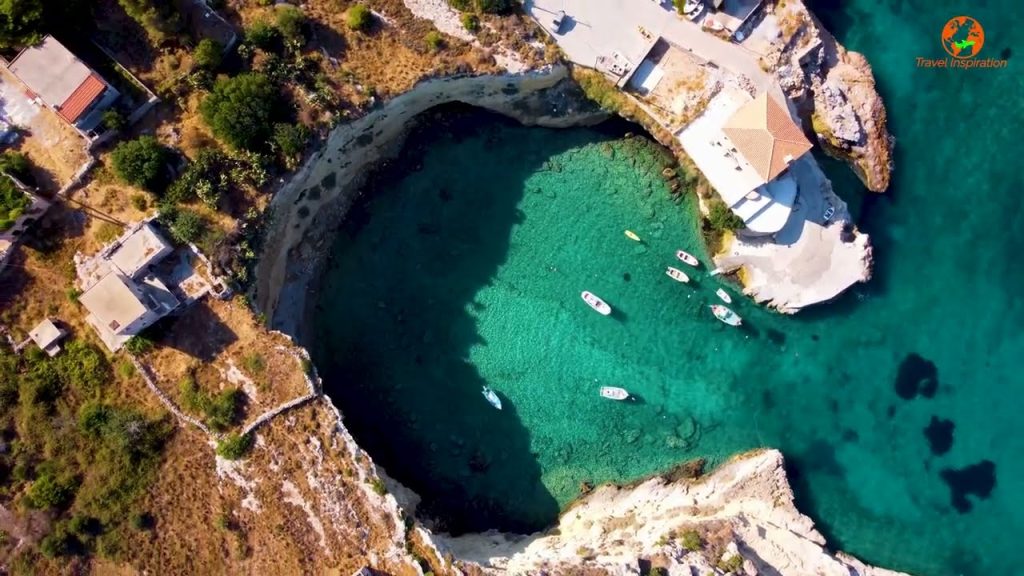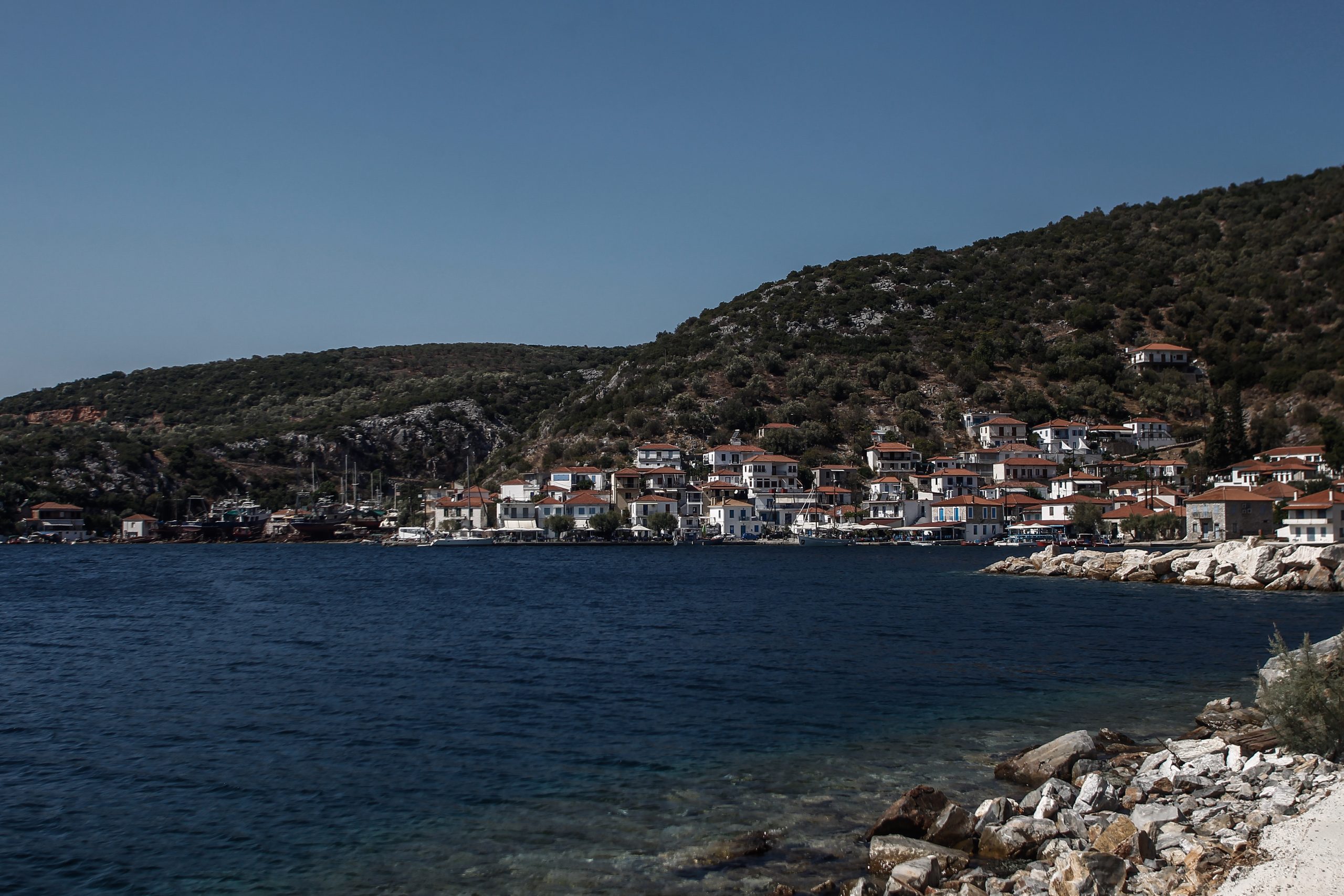To some extent, the Proton transaction gets at the essence of what has made Mr. Provopoulos such a polarizing figure here. Pulled together quickly at the end of 2009 and early 2010, the deal drew upon the central banker’s crisis management skills and showed his willingness to make a chancy bet in the hope that the payoff of a more stable banking system would justify the risks. But it also shines a not-so-flattering light on the murky give-and-take among bankers, business leaders and government officials that has long been par for the course in Greece and that many believe lies at the root of the country’s economic collapse.
At the time, Mr. Lavrentiadis was sitting on over 2 billion euros of debt. Piraeus, under Mr. Sallas, was looking to unload its 31 percent stake in Proton, which it had acquired in 2008.
The deal, as Mr. Provopoulos saw it, would solve two problems: it would give Piraeus a needed infusion of cash and the shaky Proton a new owner who promised to invest in and stabilize the institution.
The Proton deal was announced on Dec. 29, 2009. The next day, Mr. Lavrentiadis wired 71 million euros to Piraeus, according to the prosecutor’s report — even though the sale had not been formally approved by the central bank’s regulatory division.
As weeks passed without a nod from regulators, Mr. Lavrentiadis became worried that he would never gain control of the bank. Mr. Lavrentiadis told prosecutors that he met with Mr. Sallas, the Piraeus chairman, in late March and said that he had decided to pull out of the deal.
“Don’t do that,” Mr. Sallas replied, according to Mr. Lavrentiadis’s account. “Let me call my good friend George Provopoulos, and he will do what is needed to get this deal cleared.”
A few days later, the central bank approved the sale.
Piraeus Bank, in a statement, said: “The allegation that Piraeus Bank or its chairman intervened inappropriately to facilitate the sale of Proton Bank shares to Mr. Lavrentiadis bears absolutely no resemblance to reality and reflects the diversionary defense line recently concocted by Mr. Lavrentiadis, a full 28 months after he was initially charged."
At the root of Mr. Provopoulos’s defense is his view that at the time of the deal, in March 2010, Mr. Lavrentiadis had a strong enough reputation as a businessman to be approved as a new bank owner in Greece. This was not, however, an opinion that was shared by the head of Cyprus’s central bank, who rejected an attempt by Mr. Lavrentiadis to buy a bank in Cyprus during the same period, contending his finances were questionable.
In retrospect, Mr. Provopoulos said, he accepts that Mr. Lavrentiadis was a bad actor. But he rejects the criticism that the Proton sale and Piraeus’s Cypriot deals reveal any favoritism to his former employer or Greek banks in general.
“My first and only priority is to ensure the stability of the financial sector,” Mr. Provopoulos said. Mr. Sallas of Piraeus was prepared to take risks that others were not, he added.
As for Mr. Lavrentiadis, he continues to protest his innocence.
“If I am guilty,” he said recently to government prosecutors, “then so are Mr. Sallas and Mr. Provopoulos.”
The governor’s supporters say that the inquiry is politically motivated and baseless, an attempt to force out Mr. Provopoulos so that the largely discredited political class can reassert itself. But Mr. Provopoulos’s critics argue that the playbook used in the Proton deal — described as a series of back-room maneuverings that rewarded
Michalis G. Sallas, the domineering chairman of Piraeus Bank — was deployed repeatedly, most recently when Piraeus bought the Greek operations of three Cypriot banks last March at a knockdown price of 524 million euros, and a few months later booked a profit of 3.5 billion euros on the transaction.
“The position of the governor has become very strong, and I do not think that he has been subjected to proper scrutiny,” said Pavlos Eleftheriadis, a law professor at Oxford University who has been critical of how special interest groups in Greece have expanded their influence and power in recent years. “There was the spectacular failure of Proton, and there are questions about the Piraeus deal in Cyprus. We need root and branch reform of all our institutions — including the Bank of Greece.”
It is not hard to see why Mr. Provopoulos has become a lightning rod. He has done little to disguise his low regard for the political establishment, openly criticizing its fiscal policies and privately upbraiding both the conservative New Democracy party and the left-leaning Pasok party for not attacking Greece’s economic problems with more force and speed.
“I am not in this job to please politicians,” Mr. Provopoulos, 63, said in an interview here in his capacious office. “I am not just an ordinary citizen. I have much larger responsibilities. My actions will be judged in the future after the dust has settled and people are in a better position to assess the results.”
His senior status within the governing council of the European Central Bank, which, along with the International Monetary Fund and the European Commission, has pursued a brutal austerity regime for Greece, has fed suspicion that he identifies more closely with technocrats in Brussels and Frankfurt than with the beleaguered Greek public.
And he has indirectly challenged the authority of Mr. Samaras, who became prime minister in 2012 and who had expected that the role of banking kingmaker would be reserved for the prime minister, as has been the custom in Greece.
For decades, political influence in this country has been a direct function of a politician’s ability to borrow and spend, with local banks, as the main buyers of Greek government bonds, acting as the primary facilitators. Under an austerity regime, such an approach is no longer possible. And as governments have come and gone — to date, Mr. Provopoulos has survived five prime ministers and seven finance ministers — the power of the Bank of Greece’s governor has only solidified.
Trained as a professor of economics, Mr. Provopoulos is no ivory-tower academic. His style — self-confident, if not a touch combative — conveys the attitude of a top-level bank executive, the role he performed for a decade before taking charge of the Bank of Greece in 2008. As he sees it, his experience as a no-nonsense deal maker has been critical to Greek banks, in preventing them from succumbing to last year’s near-fatal bank run and in their re-emerging now with a fresh charge of capital, courtesy of the European taxpayer.
His response to the bank panic had the feel of a military campaign. Under cover of nightfall, cargo planes from Frankfurt and other European capitals flew in pallets of cash, which were then transferred by boat, truck and train to banks throughout the country. And with one Greek bank after the other facing possible failure, the spate of bank mergers that he orchestrated in such a short period was unprecedented.
“My experience as a commercial banker was very helpful,” he said. “I believe we did a good job — if the banking system had not been protected we probably would have had to exit the euro area.”
During the struggle to salvage the Greek economy, he said, nodding gravely in the direction of his desk, “the center of gravity was right here.”
Mr. Provopoulos’s six-year term concludes next June, and while it is customary for new prime ministers to name their own central bank heads, a growing number of bankers and investors argue that Mr. Provopoulos should be reappointed in light of the country’s fragile financial condition. But the Proton investigation could change that.
To some extent, the Proton transaction gets at the essence of what has made Mr. Provopoulos such a polarizing figure here. Pulled together quickly at the end of 2009 and early 2010, the deal drew upon the central banker’s crisis management skills and showed his willingness to make a chancy bet in the hope that the payoff of a more stable banking system would justify the risks. But it also shines a not-so-flattering light on the murky give-and-take among bankers, business leaders and government officials that has long been par for the course in Greece and that many believe lies at the root of the country’s economic collapse.
At the time, Mr. Lavrentiadis was sitting on over 2 billion euros of debt. Piraeus, under Mr. Sallas, was looking to unload its 31 percent stake in Proton, which it had acquired in 2008.
The deal, as Mr. Provopoulos saw it, would solve two problems: it would give Piraeus a needed infusion of cash and the shaky Proton a new owner who promised to invest in and stabilize the institution.
The Proton deal was announced on Dec. 29, 2009. The next day, Mr. Lavrentiadis wired 71 million euros to Piraeus, according to the prosecutor’s report — even though the sale had not been formally approved by the central bank’s regulatory division.
As weeks passed without a nod from regulators, Mr. Lavrentiadis became worried that he would never gain control of the bank. Mr. Lavrentiadis told prosecutors that he met with Mr. Sallas, the Piraeus chairman, in late March and said that he had decided to pull out of the deal.
“Don’t do that,” Mr. Sallas replied, according to Mr. Lavrentiadis’s account. “Let me call my good friend George Provopoulos, and he will do what is needed to get this deal cleared.”
A few days later, the central bank approved the sale.
Piraeus Bank, in a statement, said: “The allegation that Piraeus Bank or its chairman intervened inappropriately to facilitate the sale of Proton Bank shares to Mr. Lavrentiadis bears absolutely no resemblance to reality and reflects the diversionary defense line recently concocted by Mr. Lavrentiadis, a full 28 months after he was initially charged."
At the root of Mr. Provopoulos’s defense is his view that at the time of the deal, in March 2010, Mr. Lavrentiadis had a strong enough reputation as a businessman to be approved as a new bank owner in Greece. This was not, however, an opinion that was shared by the head of Cyprus’s central bank, who rejected an attempt by Mr. Lavrentiadis to buy a bank in Cyprus during the same period, contending his finances were questionable.
In retrospect, Mr. Provopoulos said, he accepts that Mr. Lavrentiadis was a bad actor. But he rejects the criticism that the Proton sale and Piraeus’s Cypriot deals reveal any favoritism to his former employer or Greek banks in general.
“My first and only priority is to ensure the stability of the financial sector,” Mr. Provopoulos said. Mr. Sallas of Piraeus was prepared to take risks that others were not, he added.
As for Mr. Lavrentiadis, he continues to protest his innocence.
“If I am guilty,” he said recently to government prosecutors, “then so are Mr. Sallas and Mr. Provopoulos.”
Πηγή : nytimes.com






